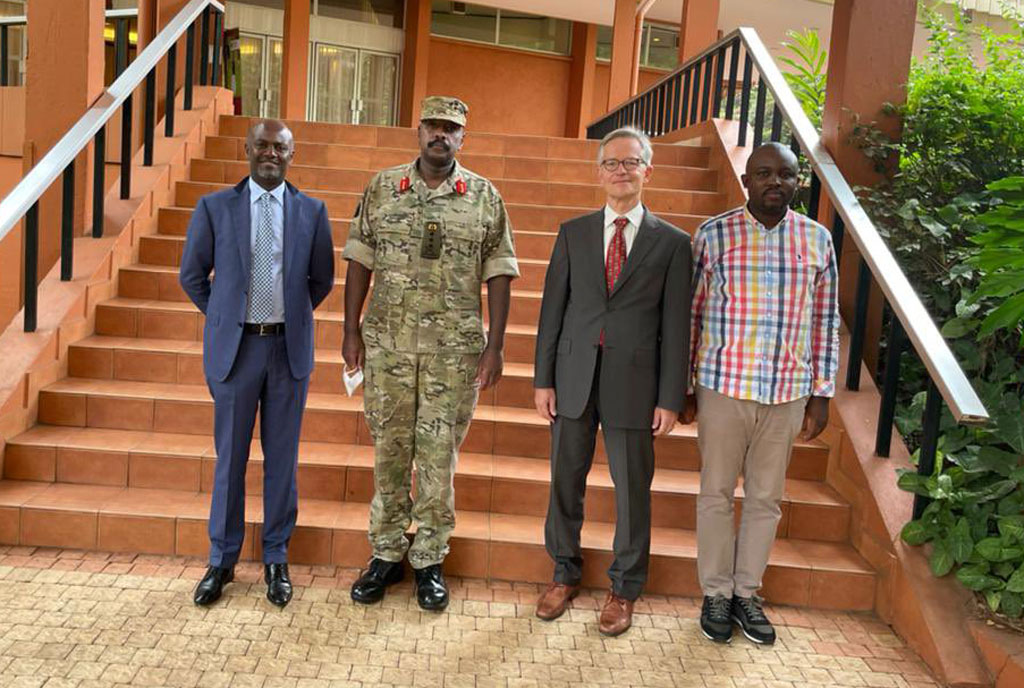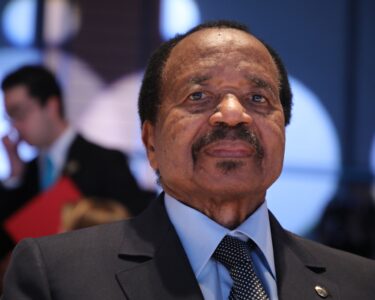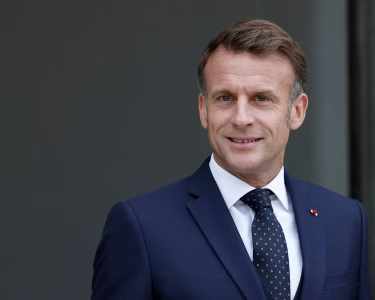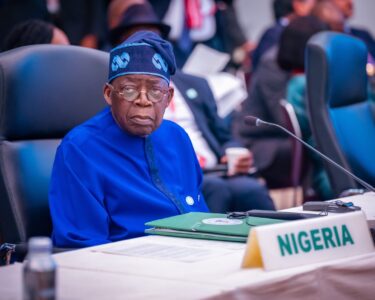Diplomatic Standoff between Uganda and Germany
Concerns Over Sovereignty and Military Ties
Summary
- Uganda’s military abruptly suspended all defense cooperation with Germany, accusing Ambassador Mathias Schauer of supporting opposition groups and interfering in its internal affairs.
- Germany denied the allegations, stating no formal military ties exist and emphasized longstanding, stable diplomatic and trade relations.
- The dispute highlights growing tensions over sovereignty and political repression ahead of Uganda’s 2026 elections.
Kampala, Uganda — In a sudden and sharp diplomatic escalation, Uganda’s military, the Uganda People’s Defence Forces (UPDF), on May 25, 2025, announced the immediate suspension of all defense cooperation with Germany.
The move came amid serious accusations that Germany’s ambassador to Uganda, Mathias Schauer, engaged in “subversive activities” aimed at undermining the Ugandan government.
The UPDF, speaking through spokesperson Colonel Chris Magezi, accused Ambassador Schauer of funding and supporting opposition groups, notably the National Unity Platform (NUP) led by Robert Kyagulanyi, also known as Bobi Wine. Citing “credible intelligence,” the military alleged the ambassador was involved with “pseudo political-military forces” plotting against the government.
Uganda framed the fallout as a critical assertion of national sovereignty, rejecting what it called foreign interference disguised as development aid. The military’s message was blunt: “Respect our sovereignty or take your money.”
The tensions follow a contentious May 21 meeting where European Union diplomats, including Schauer, reportedly confronted General Salim Saleh, a key presidential adviser and brother to President Yoweri Museveni. The EU delegation expressed concern over inflammatory social media posts by General Muhoozi Kainerugaba, the powerful commander of the UPDF and Museveni’s son.
Known for provocative statements, Kainerugaba labeled the EU’s intervention “an abomination” and personally criticized Ambassador Schauer as “wholly unqualified” to operate in Uganda. The UPDF linked recent crackdowns on opposition activists and alleged sabotage of critical infrastructure to what it described as foreign-backed plots, explicitly implicating Germany’s diplomatic mission.
Germany’s Foreign Ministry swiftly rejected the accusations as “absurd and without merit,” emphasizing that formal military cooperation between the two countries does not exist. While Uganda does participate in EU-funded peacekeeping operations in Somalia, Germany highlighted that bilateral relations, established in 1962, have otherwise been stable and productive.
Trade between the two nations reached $335 million in 2024, with German support playing a significant role in refugee assistance and agricultural development in Uganda.
Opposition leader Bobi Wine dismissed the allegations as a “ridiculous attempt to stifle political dissent.” Human rights organizations warn the dispute signals a growing crackdown ahead of Uganda’s 2026 elections, as the government tightens its grip on opposition voices.
This diplomatic rupture recalls past confrontations, such as Uganda’s 2021 rebuke of U.S. sanctions over governance concerns and Germany’s 2019 suspension of aid linked to corruption in refugee programs.
Meanwhile, social media speculation has floated unverified claims connecting the spat to Uganda’s gold reserves, though no evidence substantiates these theories.
As Uganda pursues diplomatic avenues to manage the fallout, the episode underscores mounting strains between Kampala and Western partners, highlighting the fragile balance between development assistance and national sovereignty in a tense political climate.







